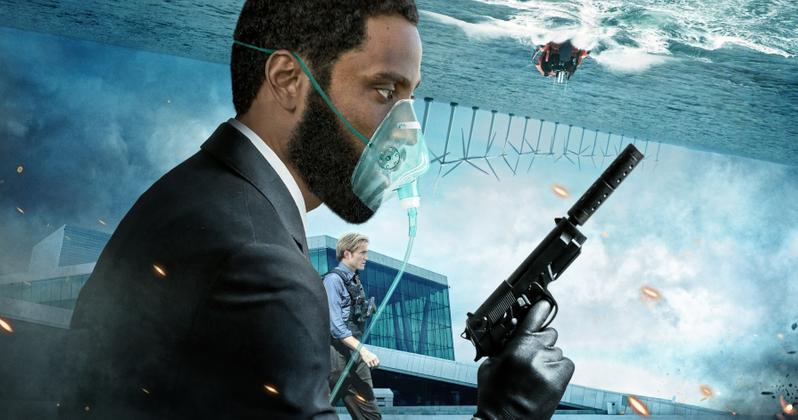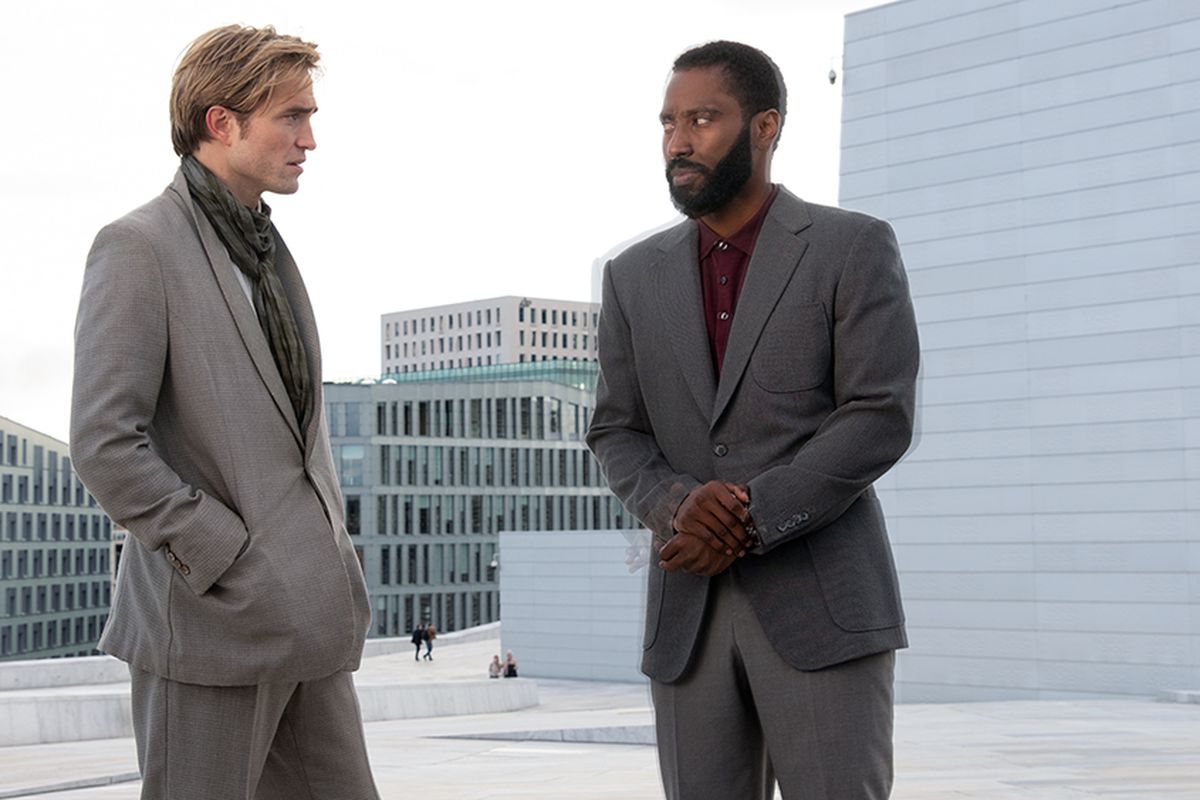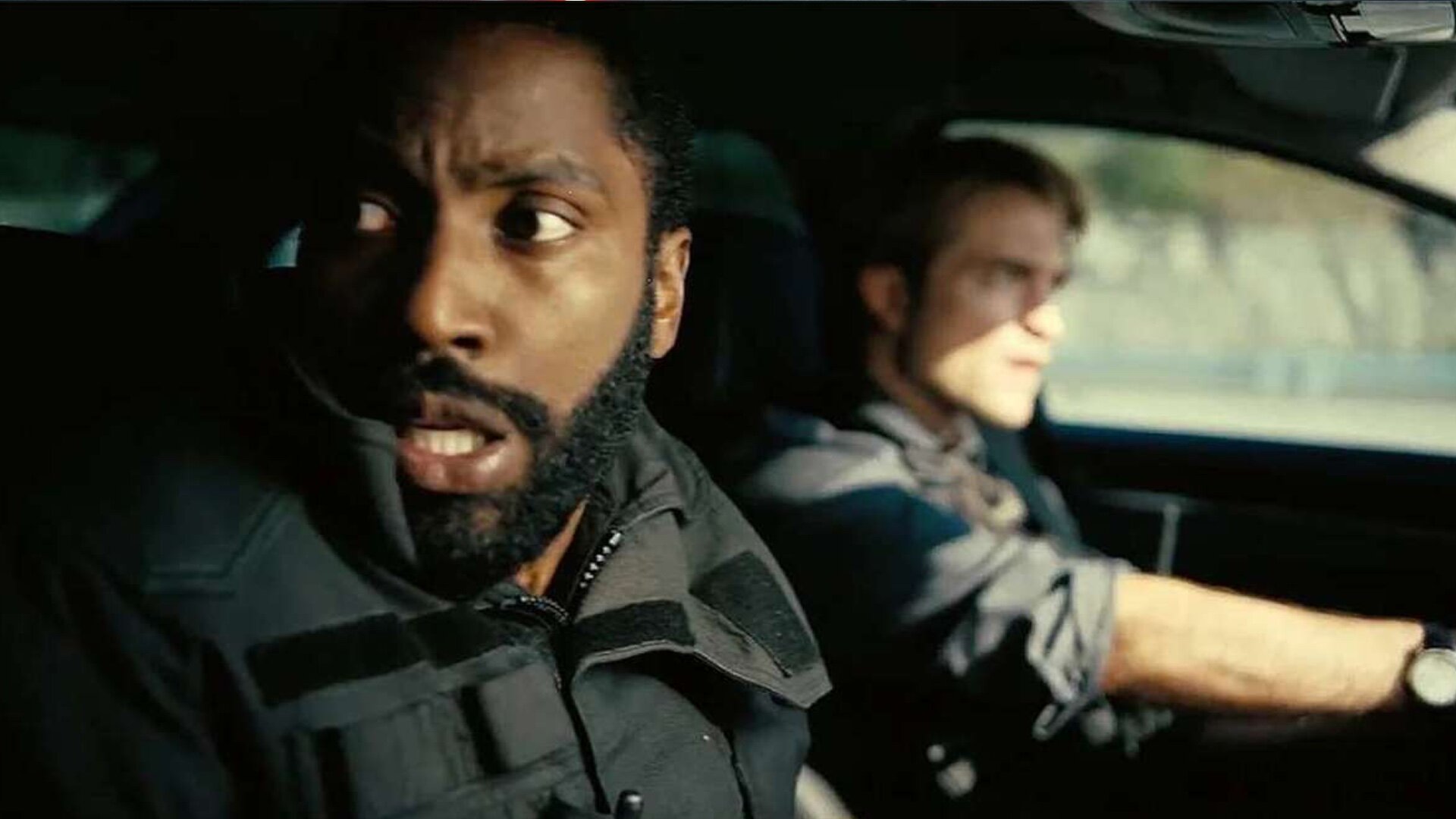This was supposed to be a Tenet review.
In a world where the COVID-19 pandemic wasn’t still raging across the U.S. and killing thousands of people each day, I would almost certainly be excited about sharing my thoughts on Christopher Nolan’s sci-fi thriller Tenet, the latest project from one of Hollywood’s greatest modern filmmakers.
But alas, like so many other movie fans around the US, I’ve been presented with a choice: I can either see Tenet or keep myself and my loved ones safe.
Spoiler alert: That’s not a very difficult decision.

Open for illness
This month, many of the nation’s largest movie theater chains have begun reopening their doors after months of state-imposed lockdowns due to the highly contagious nature of COVID-19. In some states, this is happening as the number of positive cases continues to rise, and despite the Centers for Disease Control and Prevention (CDC) explicitly classifying indoor movie theaters as a “high-risk” environments.
The major theater chains have all announced new safety measures intended to prevent the spread of COVID-19, including increased frequency of cleaning, reduced theater capacity, and a range of mask requirements. (Some require masks to be worn at all times, in line with the CDC and health professionals’ recommendations, while others leave the level of mask requirement up to local authorities to determine.)
In some cases, how restrictive these measures end up being is determined by state and local mandates.
That level of variance in safety measures, uncertainty about how well they’ll be enforced, and warnings from the CDC and other health experts regarding the risks associated with indoor theaters suggest some potentially life-threatening consequences attached to seeing a movie right now. After all, just one asymptomatic carrier of COVID-19 could infect an entire theater without realizing it, turning a simple trip to the movies into a possible deadly outbreak.
“The virus is transmitted through droplets when we talk, laugh, and breathe,” explains Anne Rimoin, Ph.D., M.P.H., and professor of epidemiology at UCLA Fielding School of Public Health, in an interview with Health. “A movie theater is a place where you sit with a room full of strangers eating and drinking for two to three hours with suboptimal ventilation. It’s exactly the type of scenario we need to be avoiding to reduce opportunity for the virus to spread.”
And yet, some movie studios seem to be suggesting — not outright, of course — that their movies are worth the risk.

Sick cinema
That is where we find Nolan’s Tenet, one of this year’s most anticipated films, which proudly proclaims in its marketing campaign that it is “only available in theaters.”
Nolan has a long history of being a purist when it comes to the cinema experience, so it doesn’t come as much of a surprise that he’s involved with a problematic scenario that challenges Hollywood tradition. What is surprising, however, is the extent to which studio Warner Bros. Pictures has made seeing Tenet dependent on making yourself vulnerable to a virus that has killed nearly 179,000 Americans in just a few months.
Of the three major releases premiering in theaters this weekend — The New Mutants, and Bill & Ted Face the Music are the others — Nolan’s thriller has the most restricted run by far. The New Mutants and Bill & Ted can both be seen in drive-in theaters, a significantly safer alternative to indoor theaters due to being outdoors and allowing wide distances between audience members, while Bill & Ted is also being offered to audiences via on-demand video.
Where the other two films have made efforts to accommodate audiences unwilling to risk exposure to a deadly virus, however, Tenet has taken the opposite approach.

Questionable approach
Just a week before the film was scheduled to premiere, Variety reported that Warner Bros. Pictures planned to remove Tenet from drive-in theaters in regions where indoor theaters hadn’t opened yet.
The official reason for the studio’s decision cited piracy concerns, but any explanation of why it would be less of a concern in regions where drive-in theaters coexist with reopened indoor venues was conspicuously absent from the report.
Instead of piracy, the decision likely has more to do with Nolan and the studio hoping the ban on drive-in screenings of Tenet will put more pressure on local officials to reopen indoor theaters. Not only are traditional theaters better equipped to present the film at Nolan’s preferred level of video and audio clarity, but they’re the best chance the studio has at recouping some of the film’s massive production costs.
Ultimately, forcing people into indoor theaters is the easiest path to a win for Nolan, the studio, and national chains like AMC and Regal, but for the people who end up bringing coronavirus home from the theater, the outlook isn’t nearly as positive.

Risk assessment
This brings us to the reason why we won’t be reviewing Tenet.
Promoting a film — or any product really — that demands you put yourself and everyone around you at risk presents a moral and professional dilemma of sorts. We’re each responsible for our own decisions, of course, but with a threat like the coronavirus, the risk isn’t limited to the individual.
When you go to the theater, you’re putting yourself, the rest of the audience, and even everyone the audience goes home to at risk. And if your household includes members in high-risk categories for coronavirus (such as infants and elderly family members), the danger is exponentially greater.
Further complicating matters is the fact that Warner Bros. Pictures has also declined to make the film available to critics and film press digitally — forcing even those with a professional stake in seeing the film to risk exposure to the deadly virus. And unfortunately, that leaves many outlets with a tough decision to make when it comes to Tenet, one of the most intriguing films of the year.
That’s why I’ve decided not to review Tenet.
Instead of putting my loved ones at risk, I’ve chosen to err on the side of safety and preventing the spread of a pandemic that has already claimed more than 828,000 lives worldwide. And until more data is available about the danger posed by indoor movie theaters, the risk remains far too high.
I’ve waited a long time to see Tenet, but with so much at stake, I can wait a little longer.



